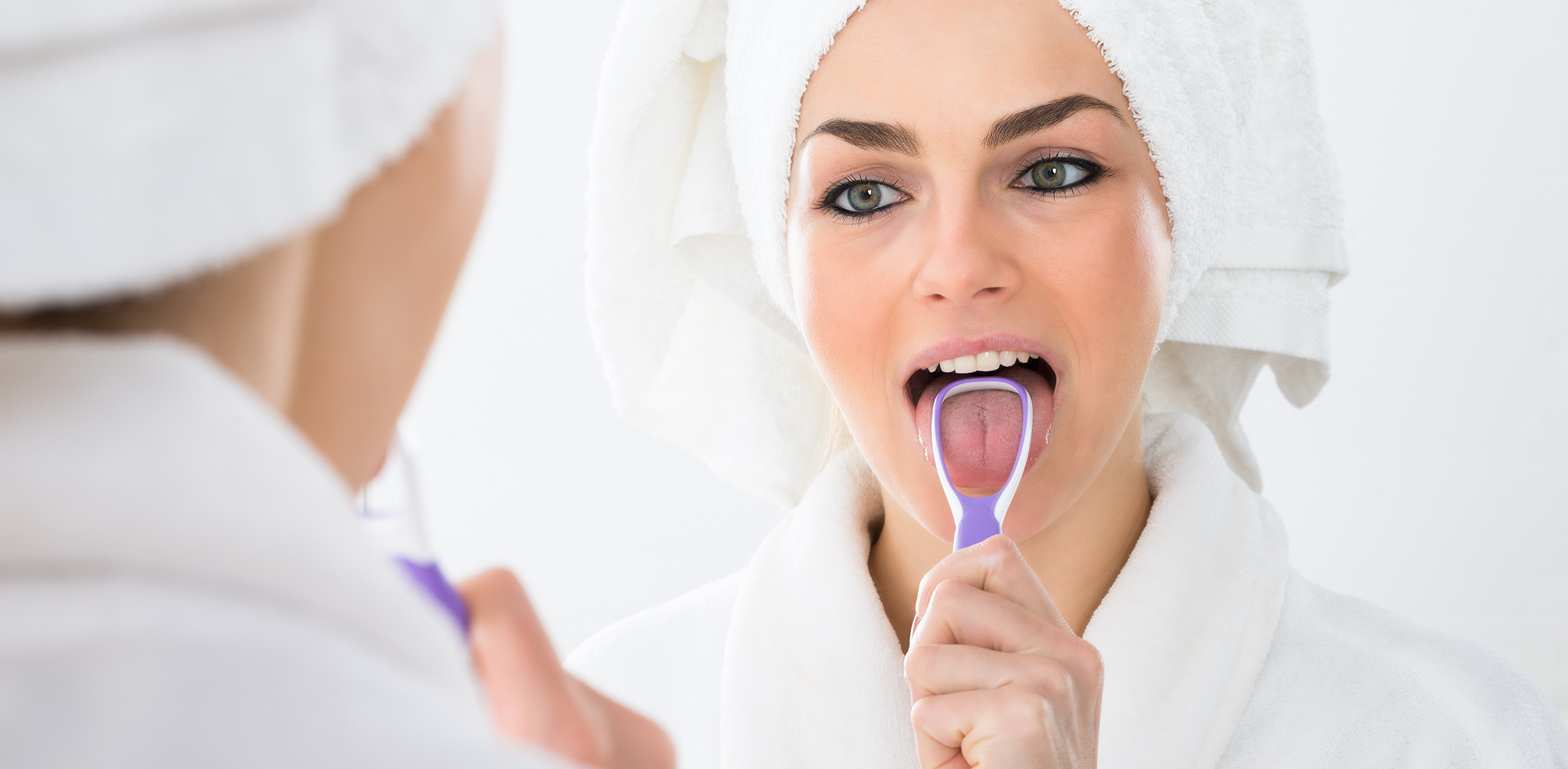What is mouth odour?
Bad breath, commonly referred to as halitosis, is characterised by an offensive odour from the mouth due to the build-up of bacteria. These bacteria produce a foul odour by releasing volatile sulphur compounds.
Experts at The Dental Practice UK say the tongue is a common site of bacterial growth in the mouth, where the rough surface creates an atmosphere perfect for bacteria to thrive. In addition to the tongue, bacteria can also accumulate on the gums, teeth, and throat. Bad breath can sometimes be a sign of an underlying medical condition, like gastrointestinal infection, lung infection, or gum infection.
What causes Bad breath?
- A dry mouth is a common cause of bad breath. Saliva helps to wash away bacteria from the mouth, so a lack of saliva can allow bacteria to accumulate and produce VSCs. Certain medications, medical conditions, or dehydration can cause dry mouth.
- Garlic, onions, and alcohols are some foods and beverages that can cause bad breath by leaving a pungent aftertaste in the mouth.
- Smoking and tobacco use can also cause halitosis by drying out the mouth and promoting bacterial growth.
- Deep carious lesions (dental decay), Recent dental extraction sockets – fill with a blood clot and provide an ideal habitat for bacterial proliferation, Oral infections and Oral ulceration
What are some of the best treatment options for mouth odour?
If dry mouth is the root of the problem, keeping the mouth wet and preventing bacterial development can be accomplished by increasing water consumption or utilising products that mimic saliva. Avoiding alcohol, tobacco, and caffeine can also help reduce dry mouth and improve oral health.
- If gum disease or tooth decay is the
- underlying cause of bad breath
- , a dentist may recommend a deep cleaning, scaling, or root planning to remove bacteria and plaque build-up. In severe cases, extraction or surgery may be necessary.
- Bad breath may improve if the underlying medical condition that is causing the odour is being treated.
- Sometimes, over-the-counter products, like mouth rinse or mints for breath, can provide temporary relief from bad breath.
- It is important to know that these products cover up the smell; they do not treat the underlying cause of halitosis. Rarely, prescription drugs such as antibiotics may be required to address bad breath.
How can mouth odour be diagnosed?
Self-diagnosis; smelling one’s breath odour or asking a close friend.
Another method is through testing using the following methods;
- Specialised testing requires the use of the following;
- The mouth air is tested for amounts of sulphur emissions (specifically, hydrogen sulphide) using a halimeter, a portable sulphide sensor.
- The BANA test
- measures salivary levels of an enzyme that can be used to detect the presence of specific bacteria linked to halitosis
Overall, the best treatment options for mouth odour depend on the underlying cause.
Practices like Maintaining good oral hygiene, staying hydrated, and avoiding tobacco and certain foods can help prevent bad breath. If halitosis persists despite these measures, seeing a dentist or healthcare provider for further evaluation and treatment is vital.


 If dry mouth is the root of the problem, keeping the mouth wet and preventing bacterial development can be accomplished by increasing water consumption or utilising products that mimic saliva. Avoiding alcohol, tobacco, and caffeine can also help reduce dry mouth and improve oral health.
If dry mouth is the root of the problem, keeping the mouth wet and preventing bacterial development can be accomplished by increasing water consumption or utilising products that mimic saliva. Avoiding alcohol, tobacco, and caffeine can also help reduce dry mouth and improve oral health.


